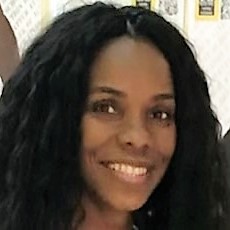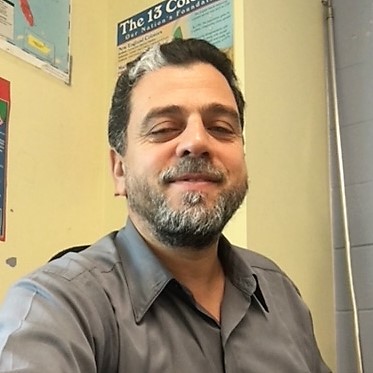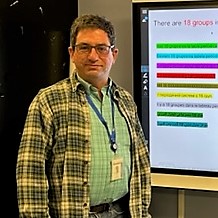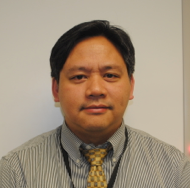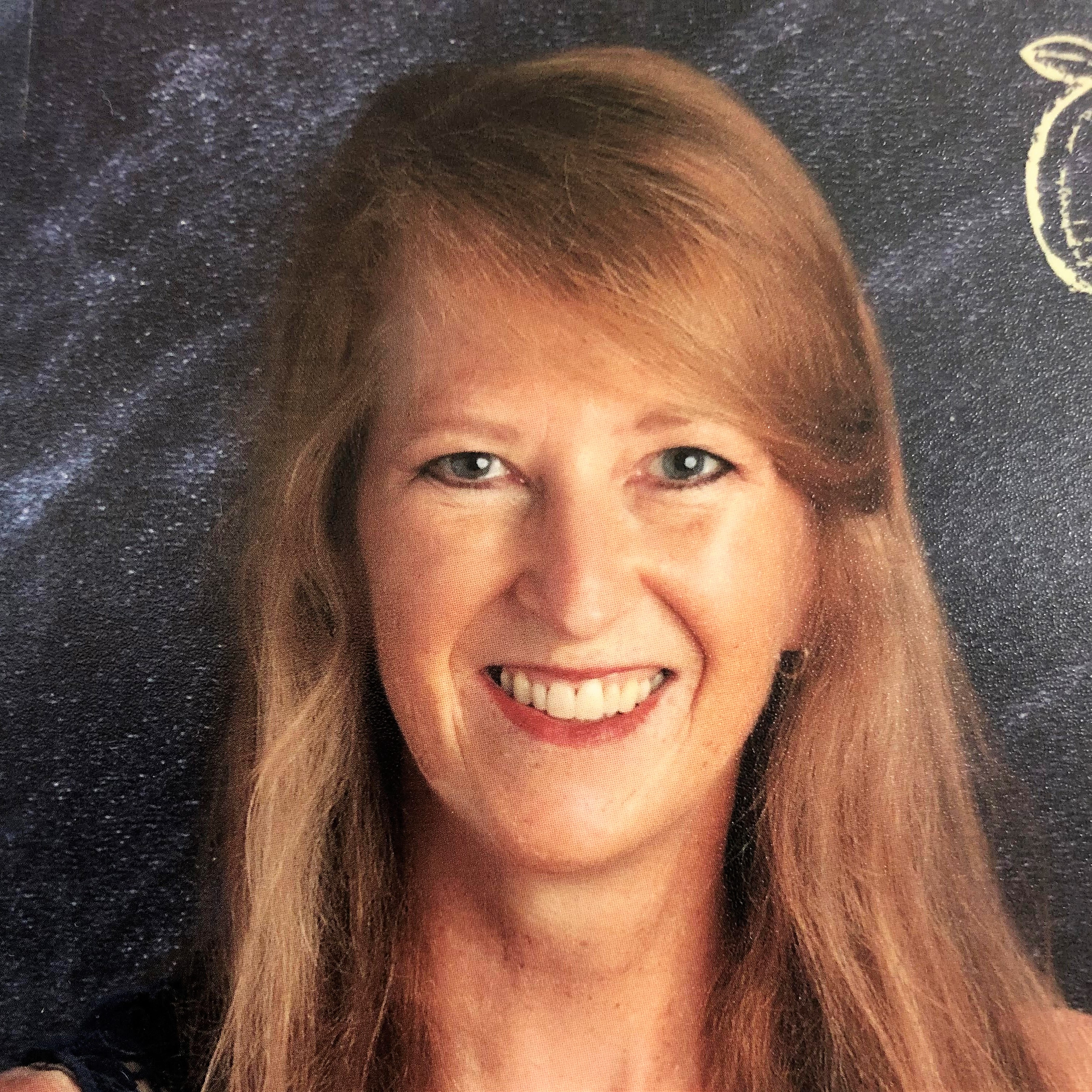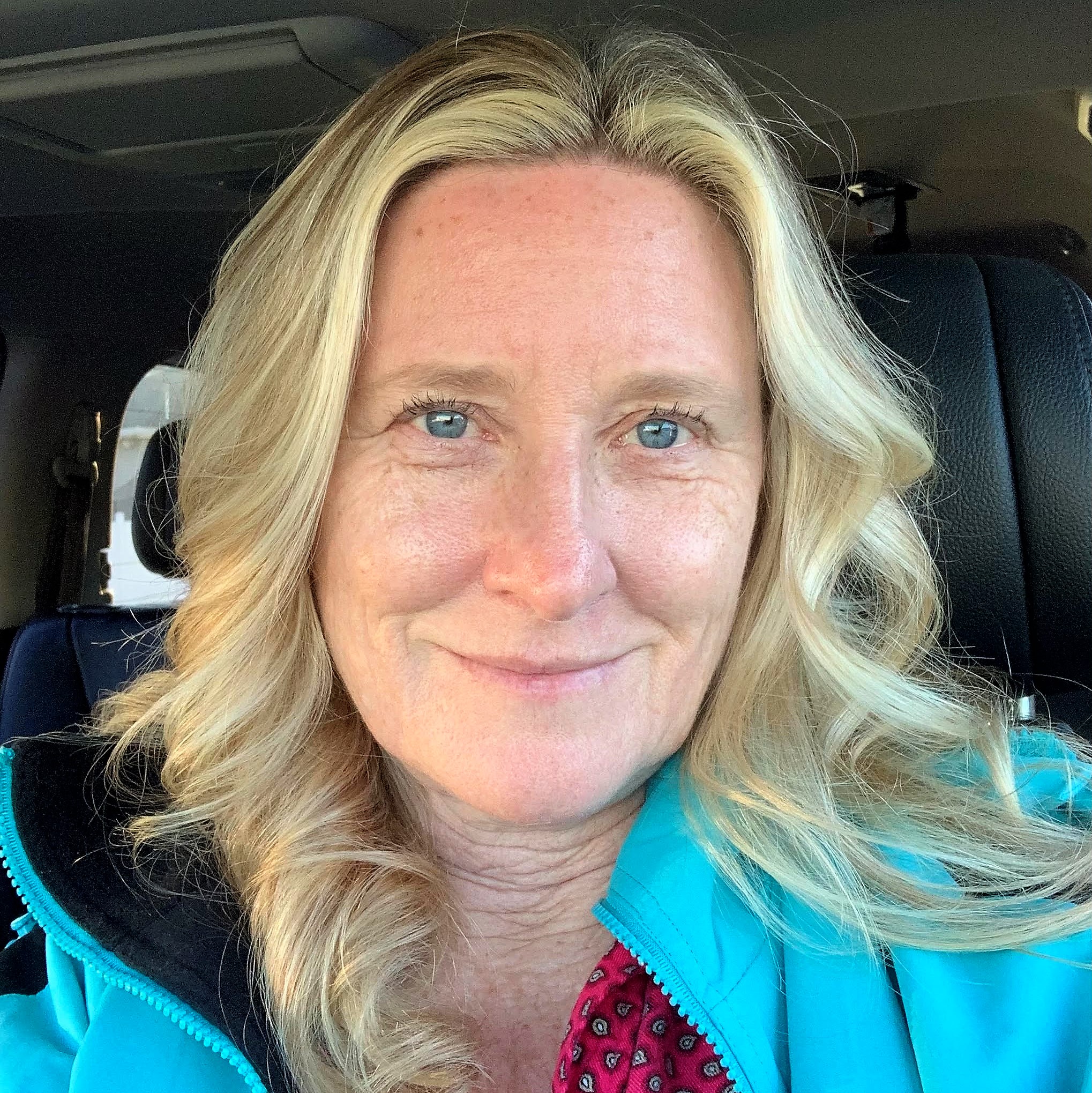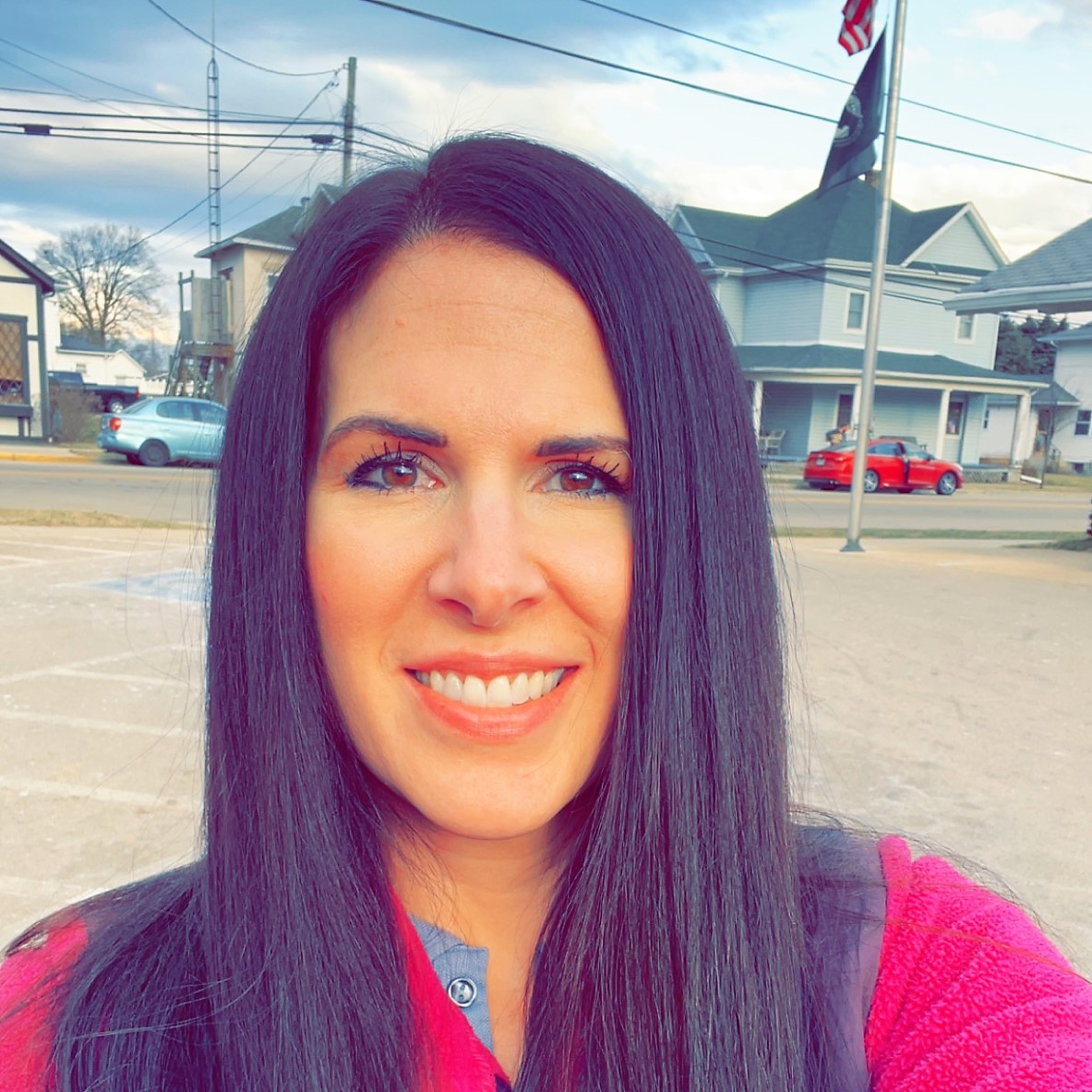Fellow Friday | Learning for ELL’s
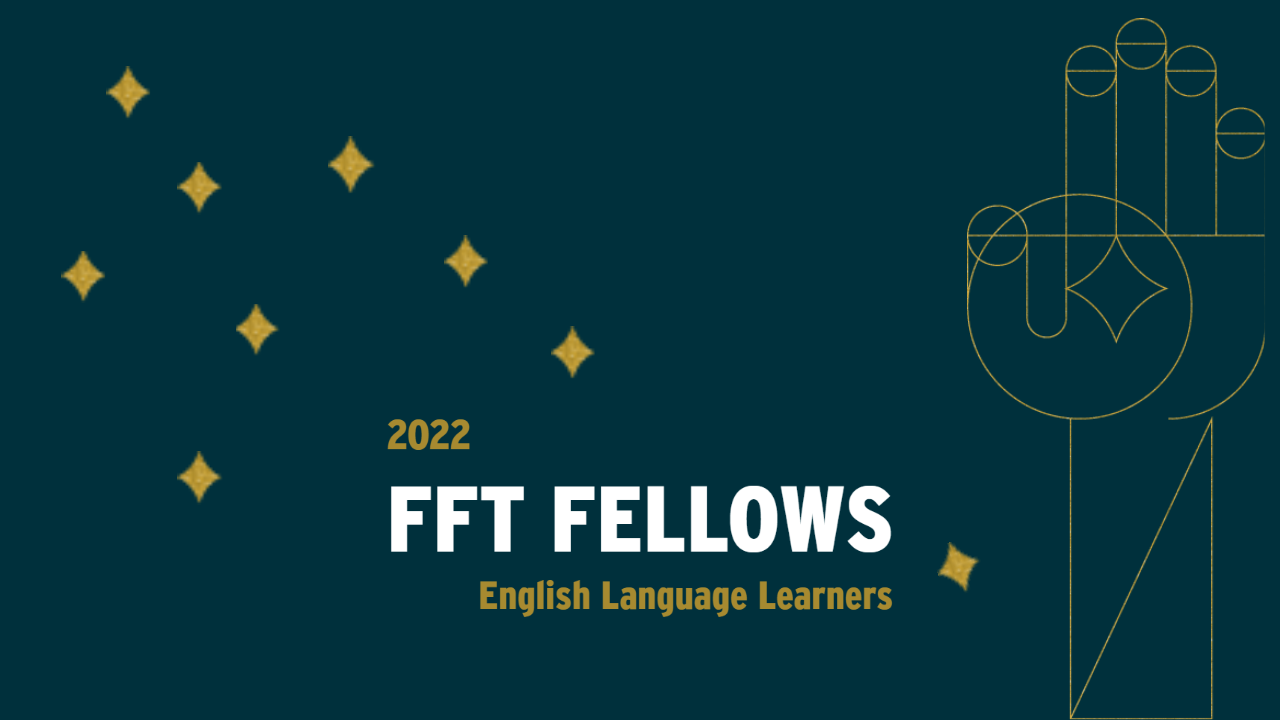
To introduce you to our newest grant recipients, we’ve started Fellow Friday. Last week, we highlighted two teachers from Manilus, NY, who designed their fellowship focused on gender, art and story. Today, we broaden the lens to look at teachers who chose to pursue learning around the topic of English Language Learners (ELL).
According to the US Department of Education, “English learners (ELs) are a growing part of the K–12 student population. Between the 2009–10 and 2014–15 school years, the percentage of EL students increased in more than half of the states, with increases of over 40 percent in five states.” Rather one refers to this set of students as ELLs, First Language Not English (FLNE), Limited English Proficient (LEP) or Language Minority Students, these Fellows value them as vital components of classrooms and our citizenry. And the learning the teachers have planned speaks to the dedication, creativity and passion our Fellows embody for their pupils and profession.
Click here for a complete list of grant recipients.
[minti_divider style=”3″ icon=”” margin=”20px 0px 20px 0px”]
Annette Cazley, Eihab Abbas El-Azazy, Adam Peritz & Micah Reyes
Samuel Fels High School – Philadelphia, PA
Document in Italy and Greece the intersectionality of languages to teach English learners strategies for breaking down vocabulary and decoding words using Greek and Latin roots and, in doing so, empower them to better understand science based vocabulary, musical terms, and historical events.
“The majority of our students have had very limited exposure to English prior to migrating to the USA. Although they are newcomers, they are expected to assimilate seamlessly and read grade level materials in not only English classes but in all their content classes including, Math, Science and Social Studies. They must do this without the prerequisite background knowledge of learning the meaning of word parts that native English speakers are exposed to in elementary grades. We think making this connection quickly is actually vital and the key to bridging the academic gap for English Learners.”
Kristin Delk & Joy McKarns | Northmont Middle School – Claymont, OH
Sarah Gosser | Northmont High School – Claymont, OH
Experience El Salvador’s culture, language, and school and community functions to better address the academic and social emotional learning needs of English Learners of Latino heritage.
“Dayton, Ohio has always welcomed immigrant families and we see proof of that with the increase in our Latinx student population. Our students of Hispanic heritage have increased 61% in the last four years. The language barriers are enough to shut any student down, but the social barriers can be overwhelming. Educating these students requires extra time, extra responsibility, extra resources, and empathetic-culturally aware teachers.”
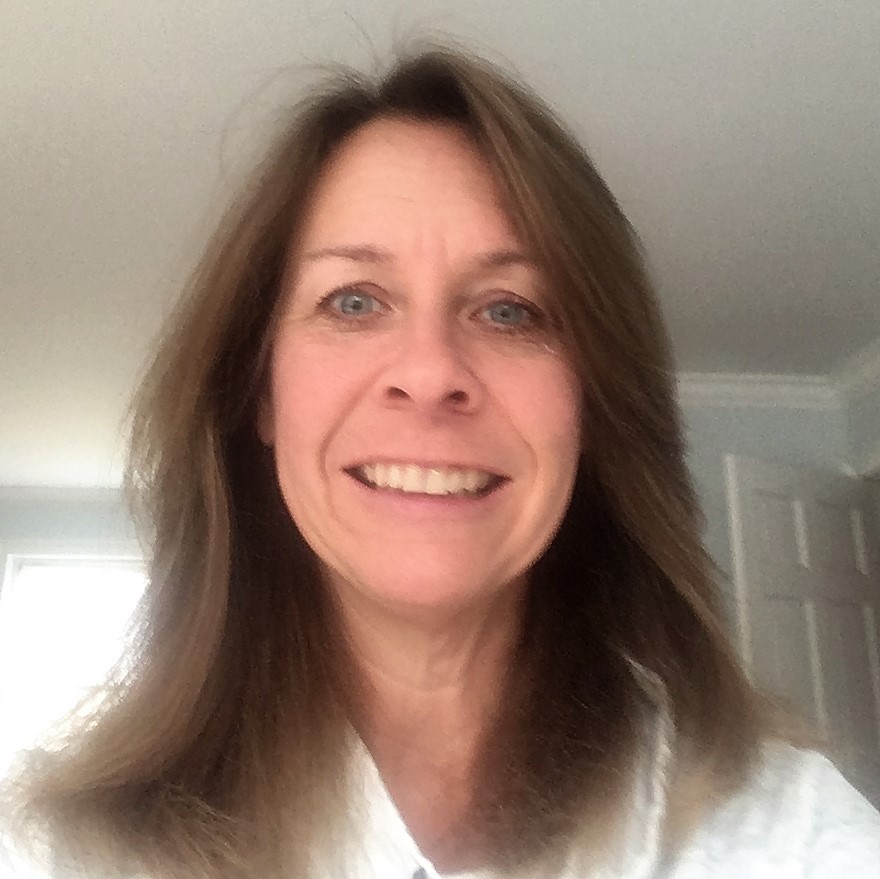 Caroline Jewell | New Milford High School – New Milford, CT
Caroline Jewell | New Milford High School – New Milford, CT
Enroll at the Instituto Superior de Espanol (ISE) in Quito, Ecuador, which incorporates literacy, culture and language, to better engage the influx of English Language Learners bringing a rich cultural heritage who are eager to acculturate.
“In order to help my students acculturate into American society, I must first understand their culture. Immersing myself in South American day to day life, language, customs and history will give me a deeper understanding of who my students are as individuals and the challenges they face. It will also help me better understand their goals. I wish to prepare them so that they will be college and career ready and able to meet the demands of a multicultural society.”
Ryan McGoff | East Boston High School – Boston, MA
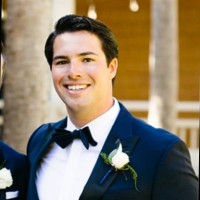 Complete intensive language lessons in Medellin and Cartegena, Colombia, to enhance fluency and develop culturally-responsive curriculum for English Language Learners with disabilities.
Complete intensive language lessons in Medellin and Cartegena, Colombia, to enhance fluency and develop culturally-responsive curriculum for English Language Learners with disabilities.
“By approaching this learning experience through the framework of Culturally and Linguistically Sustaining Practices (CLSP), my goal is to gain a deeper grasp of the cultural, political, social, and economic influences that shape these realities. Additionally, I hope to be responsive to the conditions of a student’s lived experiences and the histories that created them. By completing a Spanish language immersion program, I will begin to develop my understanding of all of these factors and become a more culturally responsive educator.”
Jeff Timberlake | Guild Elementary – Boston, MA
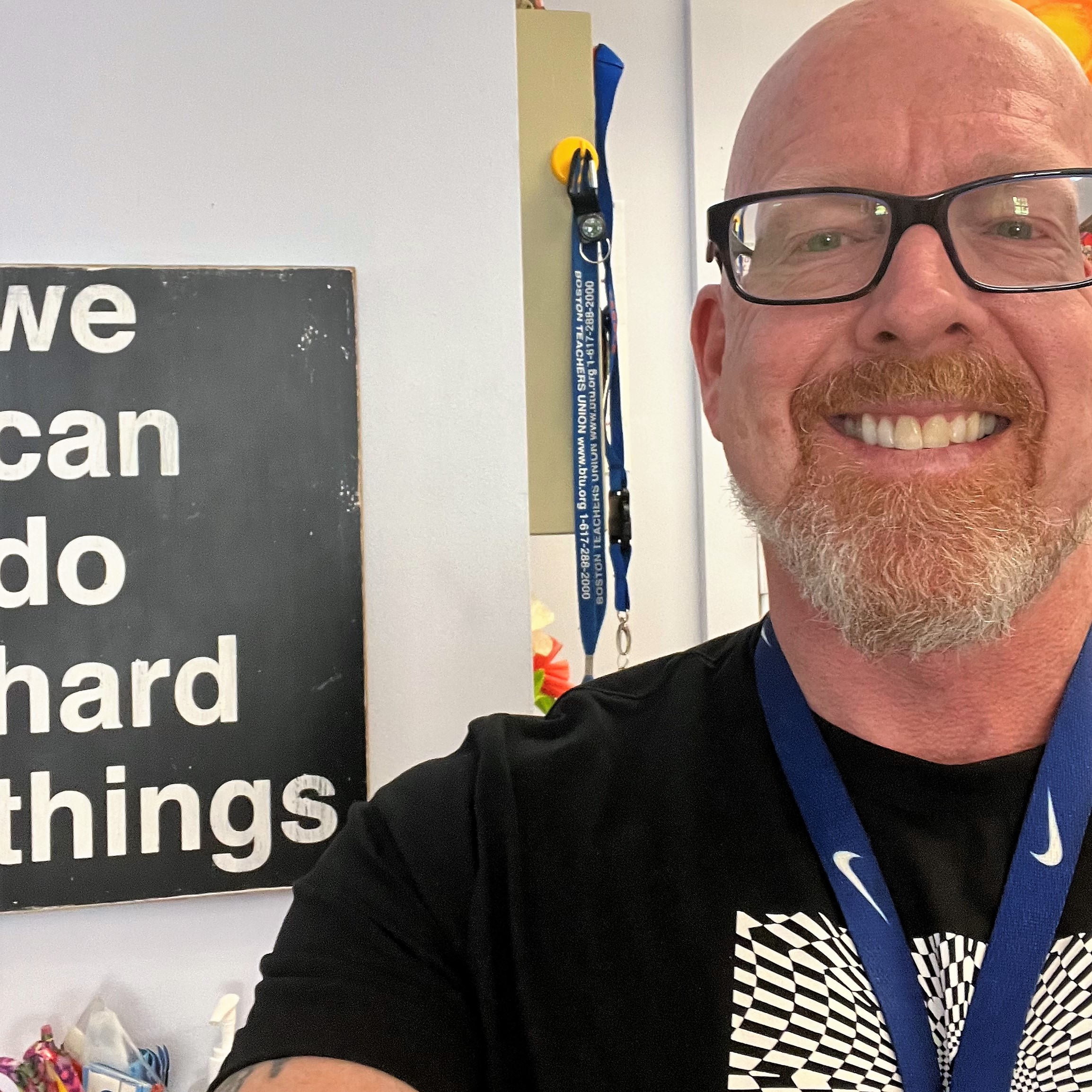 Investigate in Medellin, Colombia, the Metrocable and railway system, learning how it became a symbol of transformation for low-income communities, to inspire English Language Learners and students with special and/or high needs to harness their unique strengths and interests so they have the best opportunity to be productive and thrive in a rapidly changing world.
Investigate in Medellin, Colombia, the Metrocable and railway system, learning how it became a symbol of transformation for low-income communities, to inspire English Language Learners and students with special and/or high needs to harness their unique strengths and interests so they have the best opportunity to be productive and thrive in a rapidly changing world.
“This deep dive connects to my current content where I teach how transportation has been a transformative power in the US with profound impacts, both good and bad, dating back to 1869 when the Union Pacific and the Central Pacific railroads met in Utah to complete the Transcontinental Railroad. Through this lens of history we see that the transcontinental railroad created new opportunities for well paying jobs, rapid economic growth, and connecting distant people, yet also happened on the backs of exploited laborers and land that was unlawfully seized from tribal nations. This proposal challenges the single story of Medellin as mere murder capital of the world and encourages students to look at and engage with transportation in a new way.”
“Now more than ever, it is imperative that we invest in the most important component of any classroom — the teacher,” said Karen Eckhoff, Executive Director of FFT. “Educators are facing countless challenges every day, and Fund for Teachers is dedicated to further diversifying the ways that we can support them. Our grants represent trust in teachers’ professionalism, creativity, and vision, offering flexibility to meet the unique needs of each classroom, with the students remaining the ultimate beneficiaries as they continue to grow and learn in today’s ever-changing world.”
We look forward to introducing you to more 2022 FFT Fellows next Friday!
 Back to Blogs
Back to Blogs